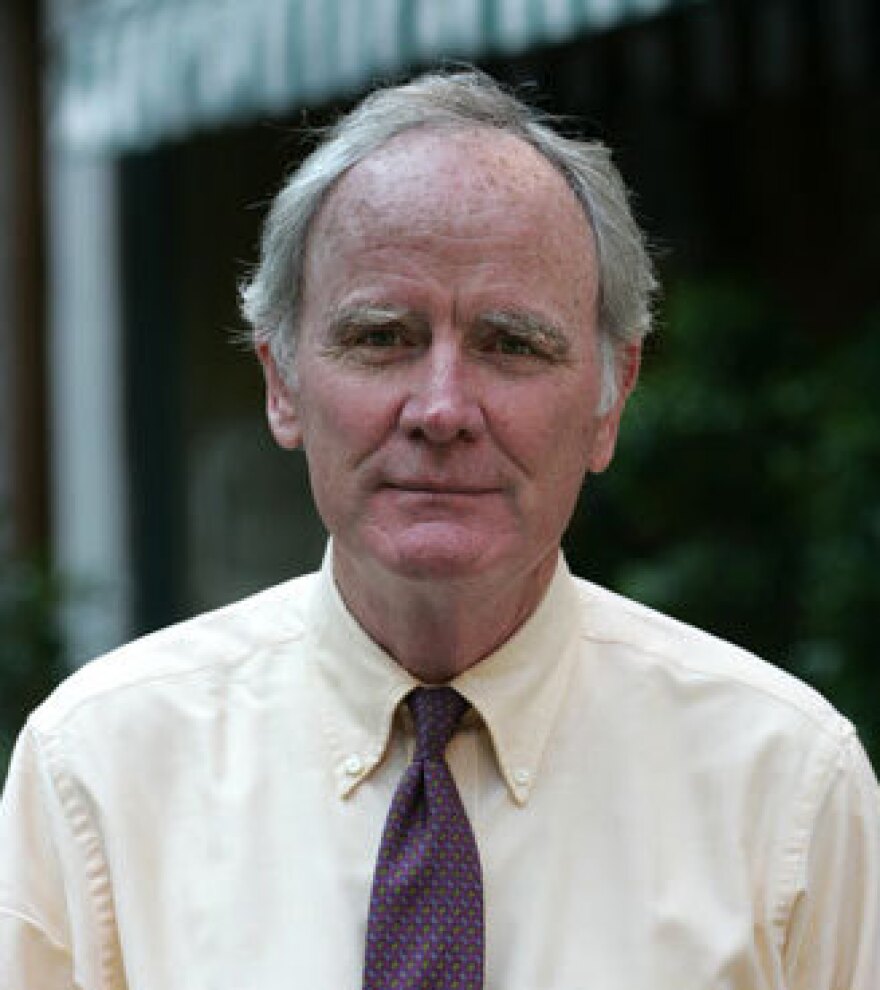
On the Temple Mount in Jerusalem, there is a rock. Jews call it the foundation stone, where the earth began when God created Adam. King Solomon built the first holy temple there. Even today, Jews face that rock in prayer.
To Muslims, it's the Haram a- Sharif, the place where the Prophet Mohammed ascended to heaven. In the seventh century, Caliph Abd al-Malik built the Dome of the Rock there, over the ruins of the Jewish temple.
The conflict over the meaning of this stone is part of why James Carroll calls the holy city the "home base of religious violence" in his new book, Jerusalem, Jerusalem.
Carroll first visited the city in 1973 as a young Catholic priest looking to restore his faith. He was guided to another rock. It was a stone that was once part of the city wall, and he was told Jesus himself almost certainly had set a bare foot on it.
It was a watershed moment for Carroll. "I encountered, in ways i hadn't before, the very real, tangible sacramental presence of God," he tells Weekends on All Things Considered host Guy Raz.
It led Carroll to reevaluate his faith, and he left the priesthood. But Carroll fell under the spell of the city. He says this has happened to people of all faiths who visit.
"Jerusalem Fever," he says, "is the temptation to use the city of Jerusalem as a screen on which to project all kinds of millennial, end of the world fantasies."
Carroll believes this leads to two Jerusalems: real and imagined. The real Jerusalem is a city divided by barbed wire and security barriers. It's a place where some people devote so much time to faith, they are impoverished.
The imagined Jerusalem is what has caused so much disagreement and conflict over thousands of years — but it has also been inspirational, in the Holy Land and beyond.
"Even today, the United States of America defines itself as the city on a hill, which, an inch below the surface of our rhetoric, is Jerusalem," Carroll says. The idea of Jerusalem, according to Carroll, has shaped history of western civilization.
Copyright 2023 NPR. To see more, visit https://www.npr.org.



